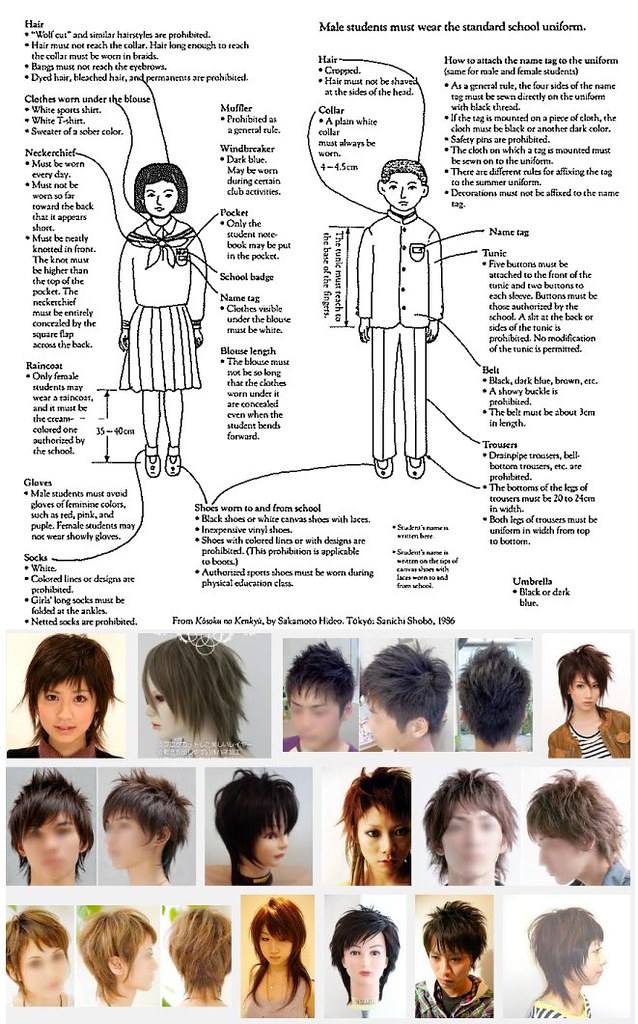What Should I Not Wear In Japan?
Introduction
Japan is an amazing country that has a rich culture and history, and it’s important to be aware of the cultural norms when you are visiting this beautiful country. One of the most important things to consider when traveling to Japan is what you should and shouldn’t wear. It’s important to dress appropriately for the occasion, as dressing inappropriately could be seen as disrespectful or even offensive in some cases. As such, it’s important to know what to wear in Japan so that you don’t do anything that may be considered rude or inappropriate.
Traditional Japanese Clothing
When attending formal events or ceremonies, it is best to dress in traditional Japanese clothing such as kimonos. Kimonos can be rented from many stores throughout Japan for a reasonable price, and they come in a variety of colors and styles. It is also possible to purchase kimonos if you plan on wearing them more than once.

Casual Clothing in Japan
When out and about on a casual day, it is best to stick with neutral colors such as black, white, gray, navy blue, or khaki. Avoid wearing bright colors or loud patterns as these may be seen as too flashy or gaudy by some Japanese people. Additionally, avoid wearing clothes that are too revealing such as tank tops and shorts since this may be seen as inappropriate in public spaces.
Beachwear in Japan
Beachwear is generally acceptable at the beach but should not be worn off the beach. When at the beach, it is best to stick with modest swimsuits such as one-piece bathing suits for women and board shorts for men. Thong bikinis are considered too revealing by many Japanese people so it is best to avoid them when at the beach or around public areas near the beach.
What To Avoid Wearing In Japan
There are certain items of clothing that should always be avoided when visiting Japan regardless of where you are going or what you plan on doing while there. These items include: clothes with offensive words/images; clothes with political messages; shorts that are too short; tank tops; flip-flops; sandals without socks; hats indoors; sunglasses indoors; ripped jeans; sweatpants; pajamas outside of your home; and overly casual clothing like sweatpants/shorts/tank tops outside of your home/hotel room/hostel room etc.. Additionally, avoid wearing any type of military-style clothing unless you are attending a specific event related to the military (such as a parade).
Workplace Dress Code In Japan
The workplace dress code varies depending on what type of job you have in Japan but there are certain guidelines that should always be followed regardless of your profession: Women should wear skirts/dresses that fall below the knee while men should wear trousers (no shorts) with tucked-in dress shirts (no t-shirts). Additionally, avoid wearing bright colors or flashy accessories which may not be seen favorably by employers in Japan who tend to prefer more conservative attire for their employees.
Visiting A Shrine Or Temple In Japan
When visiting shrines or temples in Japan it is important to dress modestly and respectfully since these places typically have very strict rules regarding how visitors should dress while there: women must cover their shoulders and legs while men must cover their shoulders and knees (no shorts). It is also advised not to wear any type of religious symbols while visiting these places since they may offend certain members of the local community who practice different religions than yours.
What To Wear When Going Out At Night In Japan
When going out at night in Tokyo it is important to dress appropriately depending on where you plan on going: nightclubs usually require smart casual attire while bars often require more casual attire like jeans and t-shirts (avoid tank tops). Additionally, avoid wearing overly flashy clothing since this may draw unwanted attention from locals who view this kind of behavior negatively.
Conclusion
.
It’s important to remember that dressing appropriately can help ensure your visit goes smoothly without any issues arising due to cultural misunderstandings caused by inappropriate attire choices! When traveling abroad always make sure you research ahead of time what kind of clothing would be appropriate for each situation so that your trip can go off without a hitch!
What is not acceptable in Japan?
Referring to people or things is considered impure in Japan. Instead of using their fingers to point at something the Japanese use their hands to move slowly towards what they want to point to. When referring to themselves people will use their index finger to touch their nose rather than pointing at themselves.
Are leggings OK in Japan?
Japanese Dress Code for Women Unfortunately wearing sweatpants or leggings outside the gym is frowned upon and considered a sign of laziness in Japan. In the workplace women are expected to dress formally and delicately usually in the same color as men.
Is it OK to wear red in Japan?
Being Japanese I have never heard that red or red paint means bad luck or death in Japan. In fact in terms of clothing red is the happiest color youll find in Japan.
Is it rude to hug in Japan?
Never Hug or Kiss in Japan Even touching other peoples bodies with friends or family is considered impolite. All kisses are mostly for couples.
Why is eye contact rude in Japan?
In fact Japanese culture teaches people not to make eye contact with others as excessive eye contact is generally considered rude. For example Japanese children are taught to look at each others necks because their eyes still feed their peripheral vision[].
What are signs of respect in Japan?
In Japan people greet each other by bowing. A bow can lead from a slight tilt of the head to a high waist. A long deep bow shows respect whereas a short nod is casual and silent. If the greeting is on a tatami floor people bow before it.
